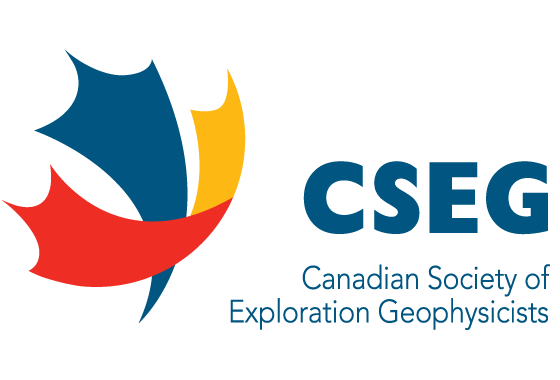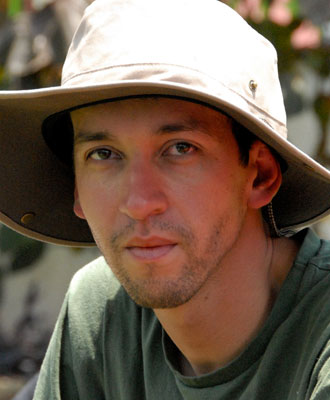Abstract
Suppression of seismic related multiples is still a major challenge in the seismic processing industry despite recent and incremental technological advances. The presence of multiples in the recorded data negatively affects state-of-the-art imaging and quantitative inversion processes, resulting in ambiguous interpretation, fracture and reservoir characterization products, increasing the uncertainty when exploring and developing energy playing fields. The level of contamination and complexity of multiples depends on many variables such as overall geological environment, desired exploration target depth and extent, seismic operational and acquisition configuration, among other factors. The appropriate approach to suppress these multiples also changes according to these variables. Successful multiple attenuation projects nowadays require a broad portfolio of techniques and workflows aiming to isolate and address specific components from a different type of observed multiples. Methods of choice rely on how complex the multiple contamination and quality of the recorded data/assumptions are, aiming to maximize the attenuation effectiveness while minimizing the overall process cost.
In this presentation we will look at surface and internal multiple suppression processes, covering its practical aspects, assumptions and challenges. We will emphasis on state-of-the-art methods largely applied in the seismic industry. Depending on the subsurface complexity and field maturity, different techniques and workflows are in place to maximize the attenuation of multiples while preserving underlying primary reflections. This presentation will also show examples from a selection of seismic experiments, demonstrating the relevance of seismic multiple suppression, followed by a brief road ahead discussion.
Biography
Fred Melo is a Product Champion - Seismic Multiple Processing for WesternGeco/Schlumberger and holds an Eng. and M.Sc. degrees in Electrical Engineering from the University of Brasília. Fred initially worked as an electronic engineer for the Seismological Observatory in Brasília, maintaining and developing applications for global and deep seismology studies. After obtaining his M.Sc. degree in signal processing applied to deep refraction seismology data, Fred joined WesternGeco/Schlumberger working as a data processing seismic engineer in Kuwait, followed by a testing geophysicist role in Houston, before his current position as a product champion. Due to his worldwide role, he has experience in signal and seismic multiple processing covering multiple geological challenges and environments. His main interests are signal and multiple processing, pattern recognition, stochastic filtering and optimization.





